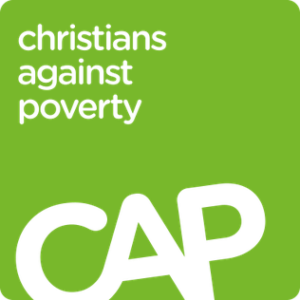The need for credit counseling services has grown over the past decades as many consumers have found themselves confronting financial difficulties or bankruptcy. In fact, the Bankruptcy Abuse Prevention and Consumer Protection Act of 2005 made credit counseling a requirement for consumers filing for Bankruptcy in the United States. Consumers must complete a credit counseling program within 180 days prior to filing for bankruptcy.
Fraud
The growing need for credit counseling resulted in a rash of unscrupulous credit counseling companies that charged exorbitant fees and seldom followed through with clients. The Federal Trade Commission has filed lawsuits against many of these companies and the national organization, NFCC, in part because the industry relies on receiving a percentage of the money received on behalf of the creditor. The process is called “Fair Share.” The practice has led some to describe debt counseling agencies as “a collection wing for creditors.”
Integrity
A growing trend in the industry is for those in need of debt counseling to turn to nonprofit organizations such as Christian debt counseling agencies. A concern for helping the poor or those in debt has been a hallmark feature of Christianity since its beginnings.

Numerous organizations have formed over the past three centuries seeking to mitigate the needs of the poor by providing food, shelter, clothing, medical care, and education. Christians Against Poverty (CAP) is one of those Christian charitable organizations first founded in the United Kingdom in 1996.
The founder of CAP, John Kirkby, saw the need to provide financial counseling to those confronting financial difficulty and bankruptcy. Since 1996, the organization has become an international organization.
CAP relies upon a network of regional offices and in partnership with local churches to provide financial counseling to their surrounding communities. Clients seeking assistance give the organization the authority to negotiate with creditors for lower monthly payments and reduced interest rates so accounts can be paid off quickly. Caseworkers work with clients to create a budget and a financial plan to pay off debts within five years.
Recognition
CAP as a nonprofit organization is subject to financial accountability. CAP has developed a reputation for effectiveness and quality of customer service. CPA won the award for “Best Charity to Work For” in 2006 and 2007 from the Charity Times Awards. CAP placed at the top of the UK’s “Best Small Company to Work For” list based on the Sunday Times’ Best Companies list in 2008 and 2009.
Independence
The CAP operated under the umbrella of AdviceUK until 2011. CAP chose to become an independent debt counseling agency after the leadership of AdviceUK insisted that CAP counselors stop praying with those seeking assistance. CAP received a group license from the Office of Fair Trading in December 2011. The recognition by the Office of Fair Trading granted CAP equal credibility with other debt counseling organizations like AdviceUK.
Funding
CAP receives no government funding. The organization relies on donations from individuals, churches, and charities. Another revenue stream is a “Fair Share” program where financial institutions like banks donate a percentage of payments made by CAP customers to the bank. However, CAP limits their Fair Share percentage to no more than 10%.
International
CAP went international in 2001. The first international CAP office opened in Australia in 2001. Other nations that welcomed CAP are New Zealand (2007), Norway (2009), and Canada (2013). These international offices became independent charities in these nations, but they continue to work with the original CAP organization.
The need for debt counseling is not likely to decline in the near future. The solution is to turn to agencies like the CAP that are nonprofit and are held accountable for their activities.






